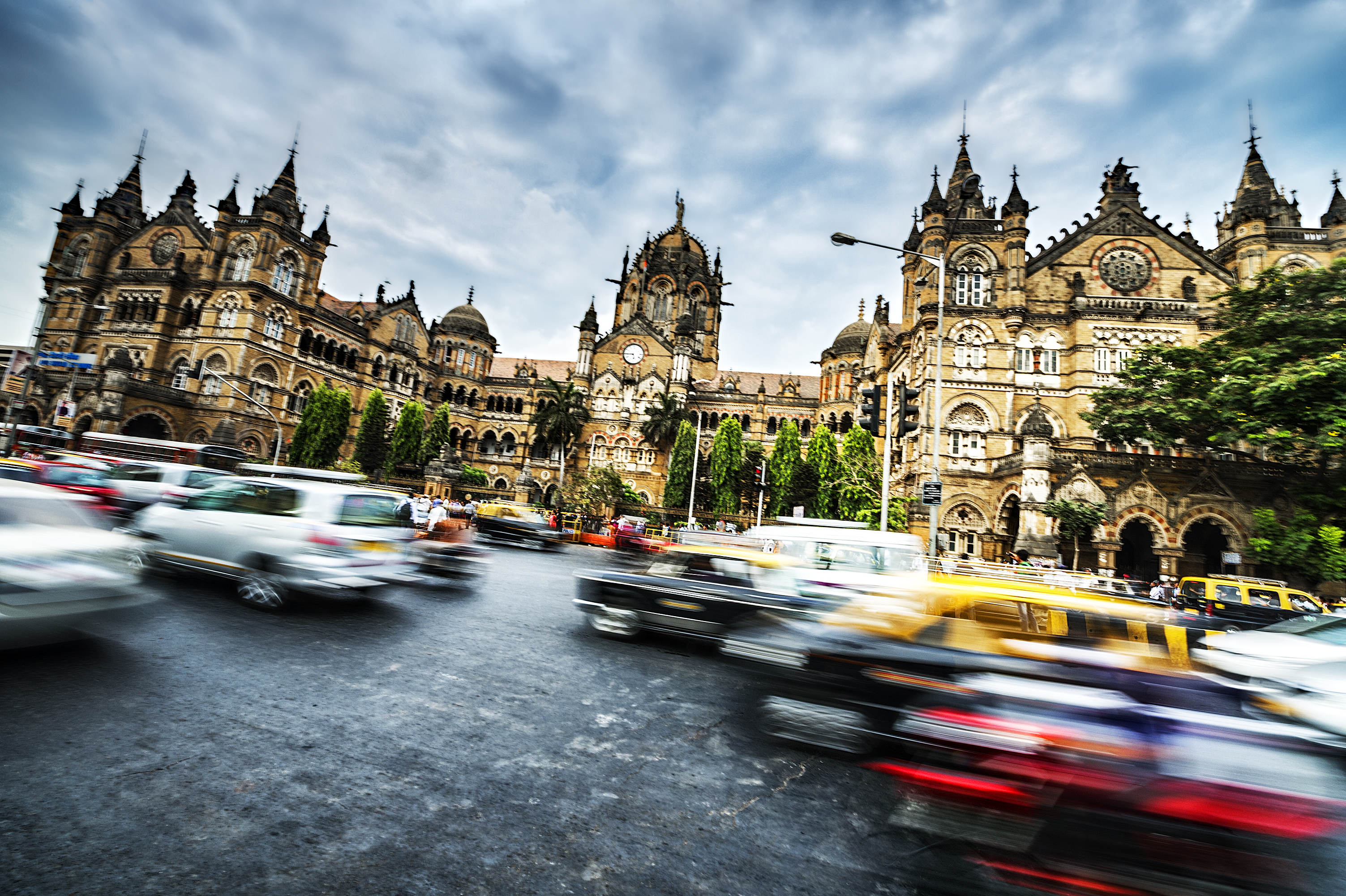The Indian government will prohibit sales and registrations of vehicles that dont meet the requirements of its current Bharat Stage IV emissions standards beyond March 31 as it moves from that set of norms to BS-VI by 2020.
An arm of the Supreme Court of India ordered dealers last week to discontinue sales of automobiles that emit air pollutants at BS-III levels after March, which account for an estimated half of all vehicles registered daily in Delhi according to the Hindustan Times. The Environment Pollution (Prevention and Control) Authority has also reportedly mandated all state governments to forbid registration of those vehicles at that time.
BS-IV, which is parallel to Europes Euro 4 standard, was rolled out for phased implementation in 2010. Lagging behind the Wests current Euro 6 and equivalent standards, India decided to skip the BS-V stage and began making BS-VI norms mandatory in select regions in October 2015 as it strides toward nationwide adoption in 2020.
Indias Ministry of Road Transport and Highways announced this month that also effective April 1, manufacturers of all vehicles – including electronic rickshaws and e-carts – will have to provide information about each units air pollution levels and the stage of emissions norms it meets.
There was a lot of hue and cry around the phase-out, but there has been enough time given to the dealers to phase out their stock, EPCAs Sunita Narain told the newspaper. The world has already moved towards BS-VI norms, and we are still reluctant in moving to BS-IV.
Lube additive producer Infineum International noted in a report earlier this month that Indias push to reduce vehicle emissions will present opportunities to supply better lubricants to the market. A large proportion of todays engines [in India] are only at the BS-III level. The BS-III standard requires little to no aftertreatment, which means local OEMs producing passenger cars and commercial vehicles must rethink their aftertreatment technology strategies to ensure they comply.
Infineum said stricter emissions controls will require the right balance of additive components, in higher-quality products with lower counts of sulfated ash, phosphorus and sulfur. Future lubricant formulations for the Indian market must be carefully designed to meet these requirements without compromising wear protection or impeding the performance of increasingly complex aftertreatement systems.
Photo: Predrag Vuckovic / iStock
